Getting Poached Bushmeat to Market
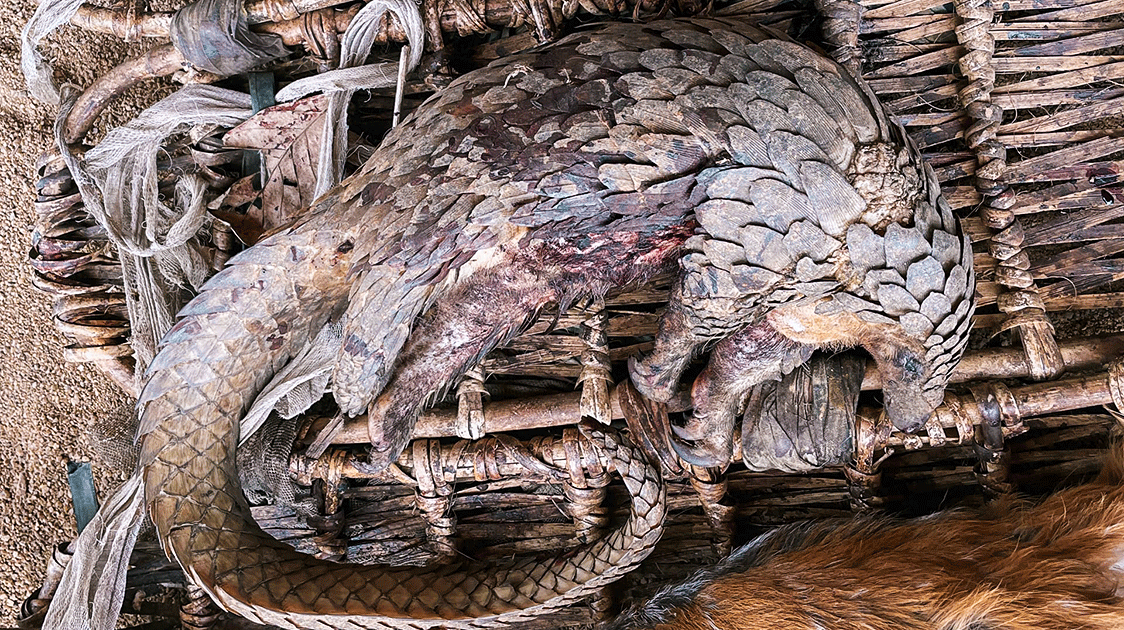
By Zig Mackintosh
Resource-hungry China has prioritized relationships with Africa to gain access to the continent's vast natural resources. In 2000, the 3-yearly Forum on China-Africa Cooperation (FOCAC) was established to boost trade, investment and aid. Unlike the Western World's insistence on "aid consensus" centered around good governance, China's aid has no strings attached and an implicit policy of non-interference in domestic affairs.
There are various special categories of priority investment, including trade in motorbikes, which attract low import duties. Cameroon is one of the world's top importers of Chinese-made motorbikes, which cost around USD 700 new.
The country's inadequately maintained road system, hazardous conditions, and ever-increasing traffic make transportation a significant issue. Motorbikes are best suited to these conditions, and with a low barrier to entry and a high unemployment rate, the bike taxi network developed. It meets the dual demands of transporting goods and people within urban areas and between cities and rural regions. Spare parts are readily available and inexpensive, ensuring these motorbikes remain operational with minimal investment.
While this development has helped alleviate transport and unemployment issues, some see bike taxis as causes and symptoms of disorder, delinquency, and crime. The use of motorbikes and bike taxis has transformed the logistics of wildlife poaching across Central Africa through:
- Mobility and Speed: Poachers can cover vast distances quickly, reaching remote areas that are difficult to access by foot or larger vehicles. This mobility allows them to evade anti-poaching patrols more effectively.
- Transport of Goods: Motorbikes are used to transport weapons, traps, and poached wildlife products, such as ivory and bushmeat, to collection points or markets.
- Group Coordination: Using motorbikes enables poachers to operate in small, agile groups that can quickly disperse if threatened by law enforcement.
It will require innovative technical and social solutions from governments, conservation agencies and safari hunting companies. Buy-in from local rural communities is key, but this will be difficult to achieve unless they realize tangible benefits from conserving the resource.
But will anti-utilization groups accept that safari hunting plays an important part in conservation? Could all sides sit around the table and work on solutions?
Or is that just fanciful dreaming?
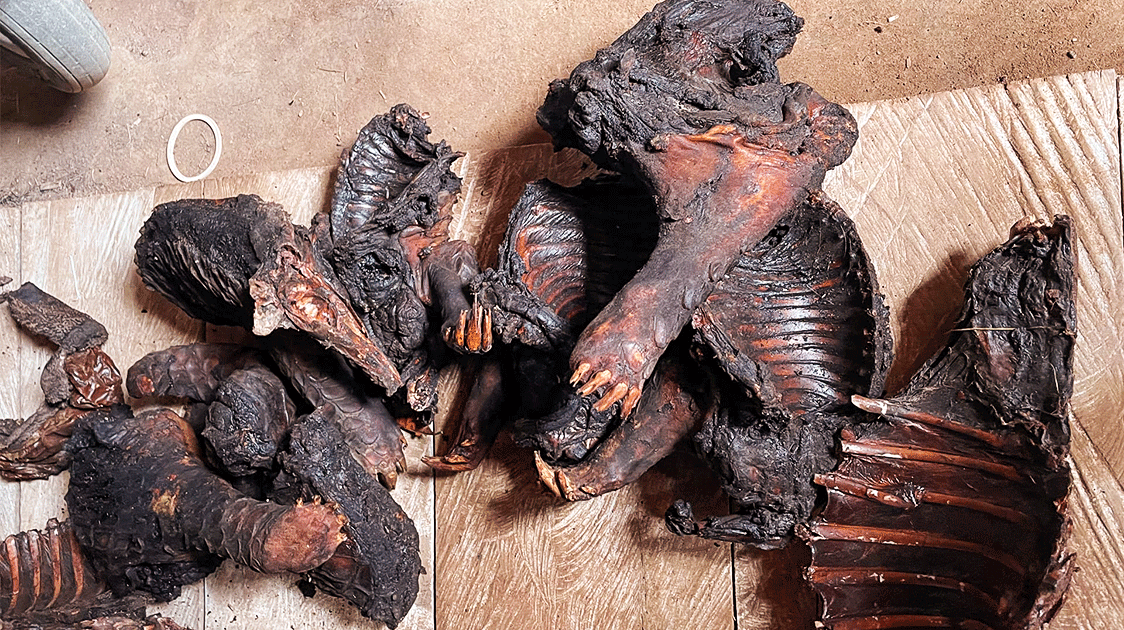
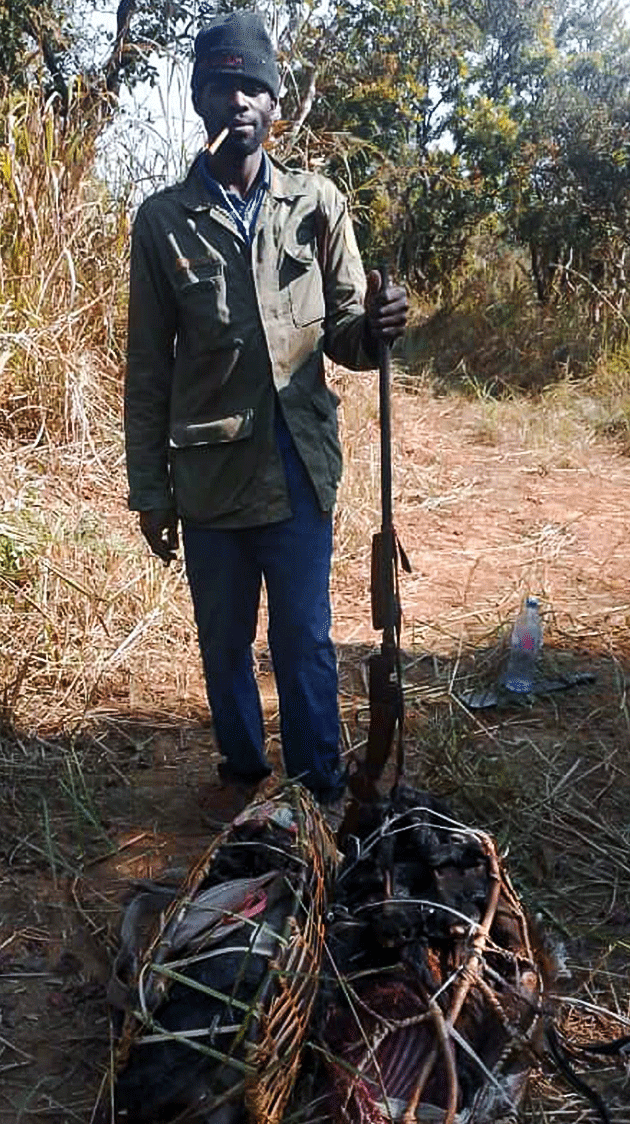
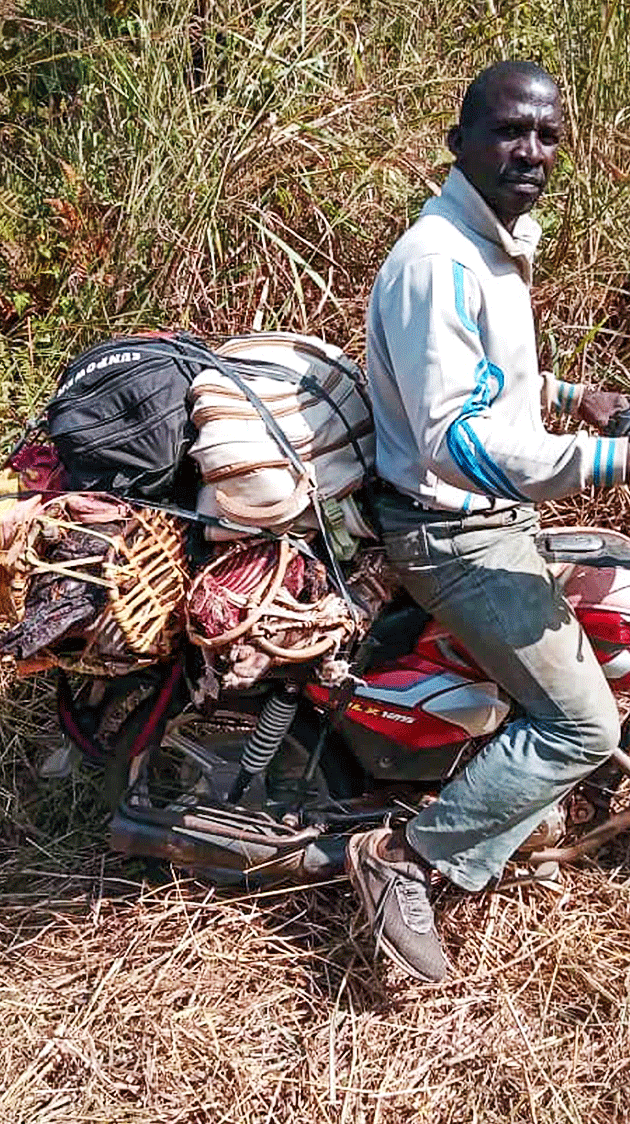
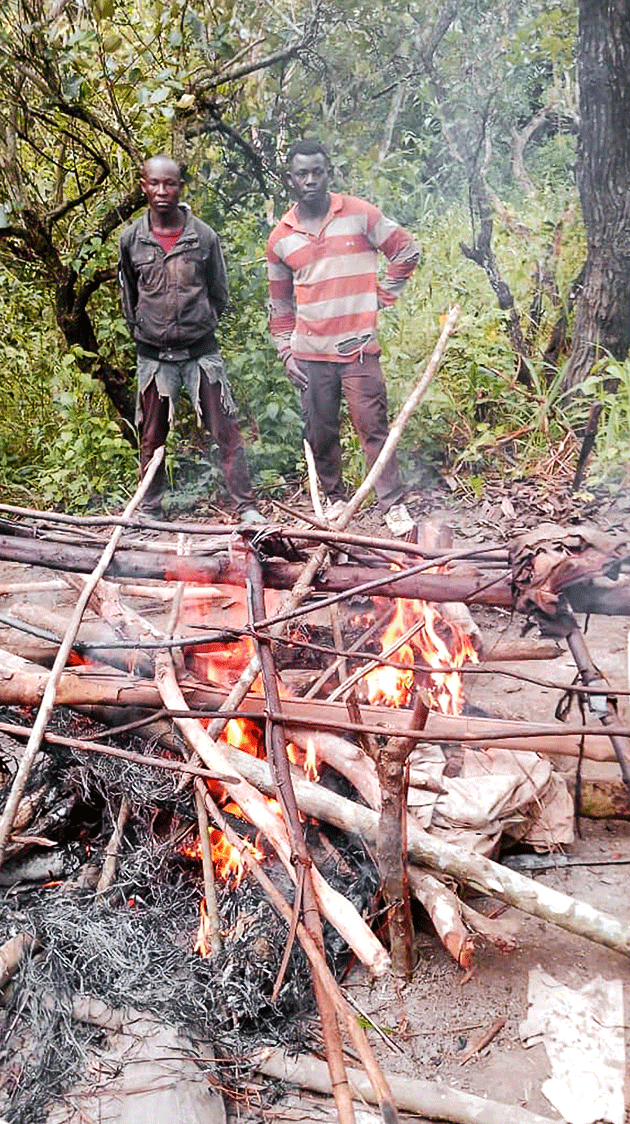
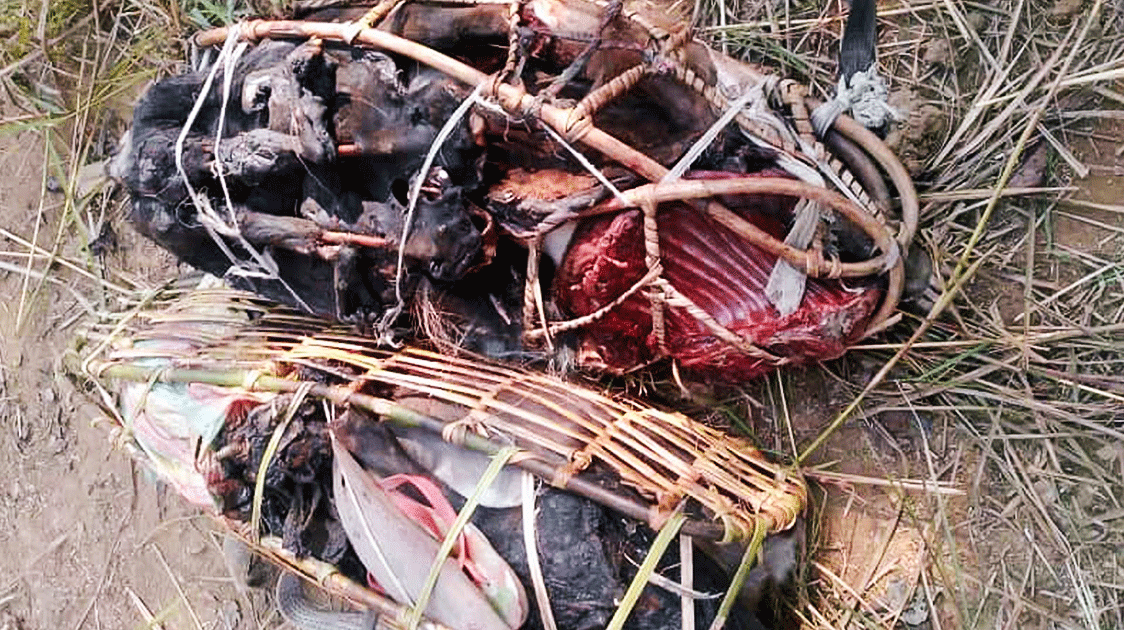
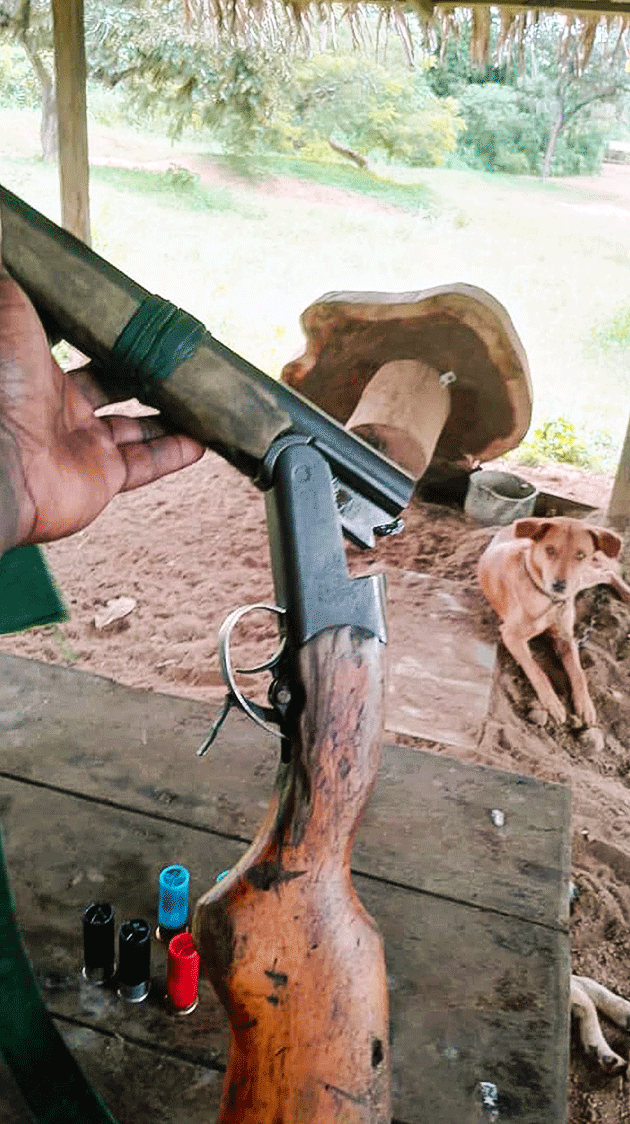
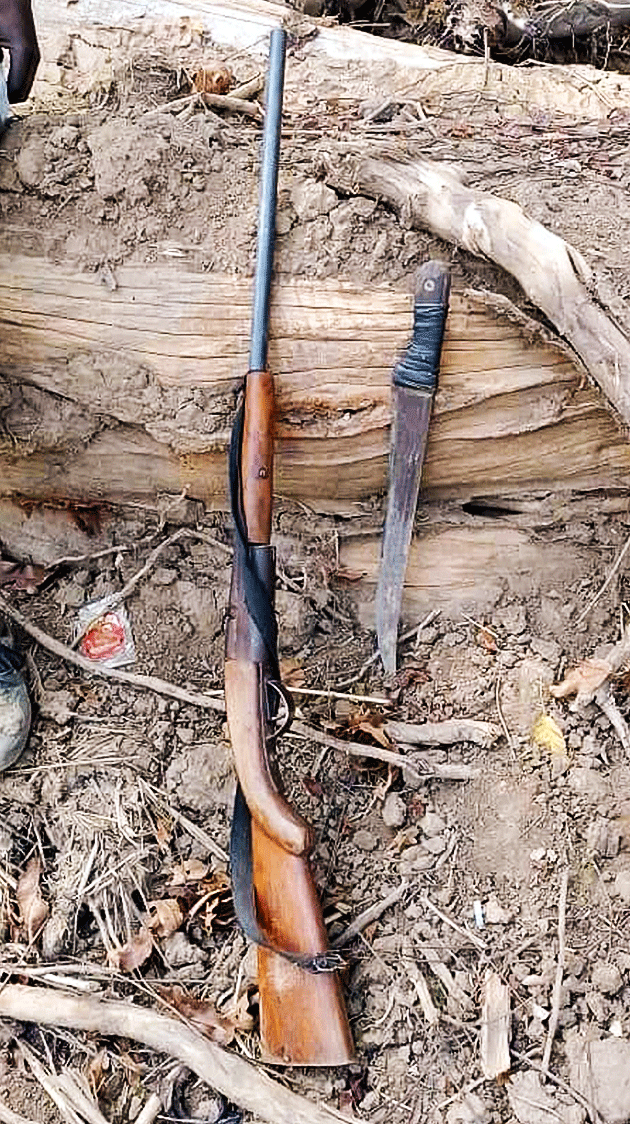
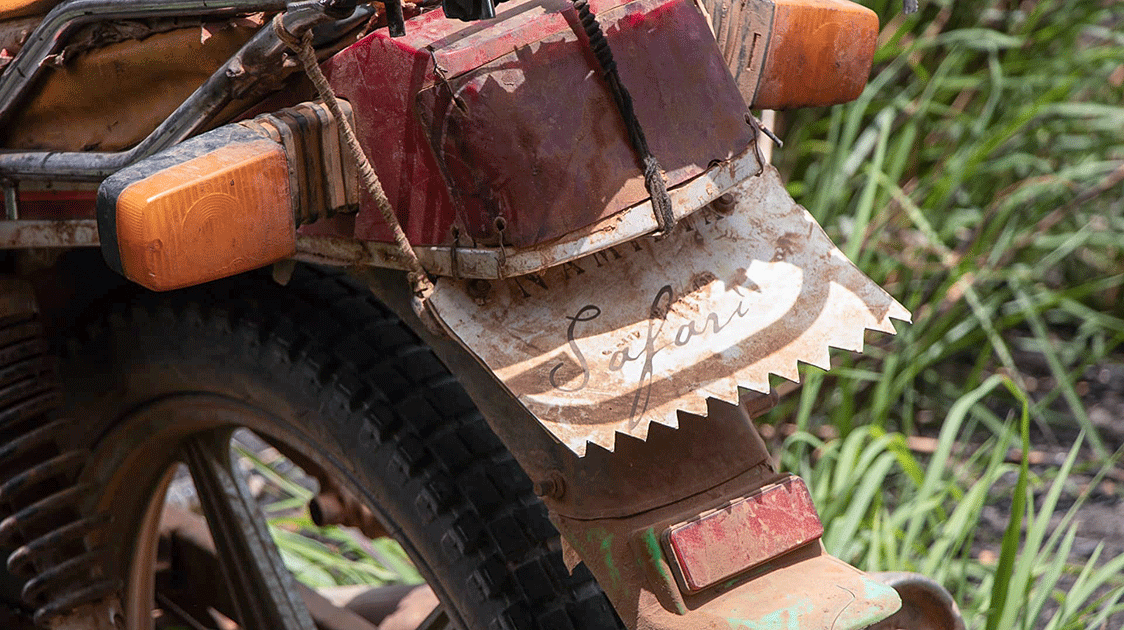
(Zimbabwean native Zig Mackintosh has been involved in wildlife conservation and filmmaking for 40 years. Over the years, he has traveled to more than 30 countries, documenting various aspects of wildlife conservation. Sustainable use of natural resources as an essential conservation tool is the fundamental theme in the film productions he is associated with.)

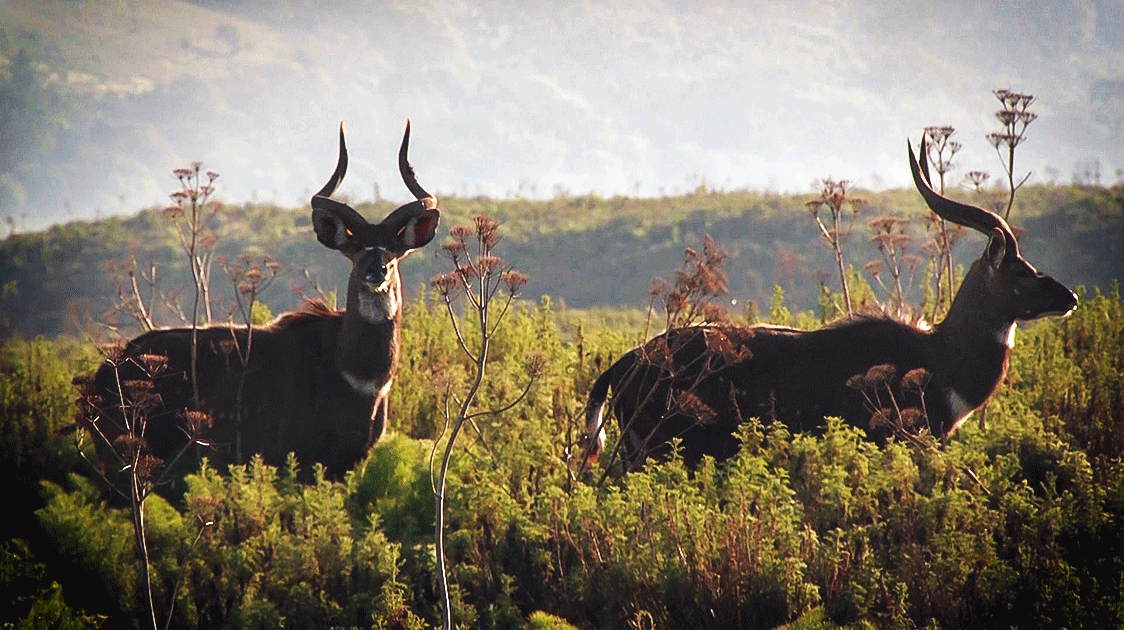
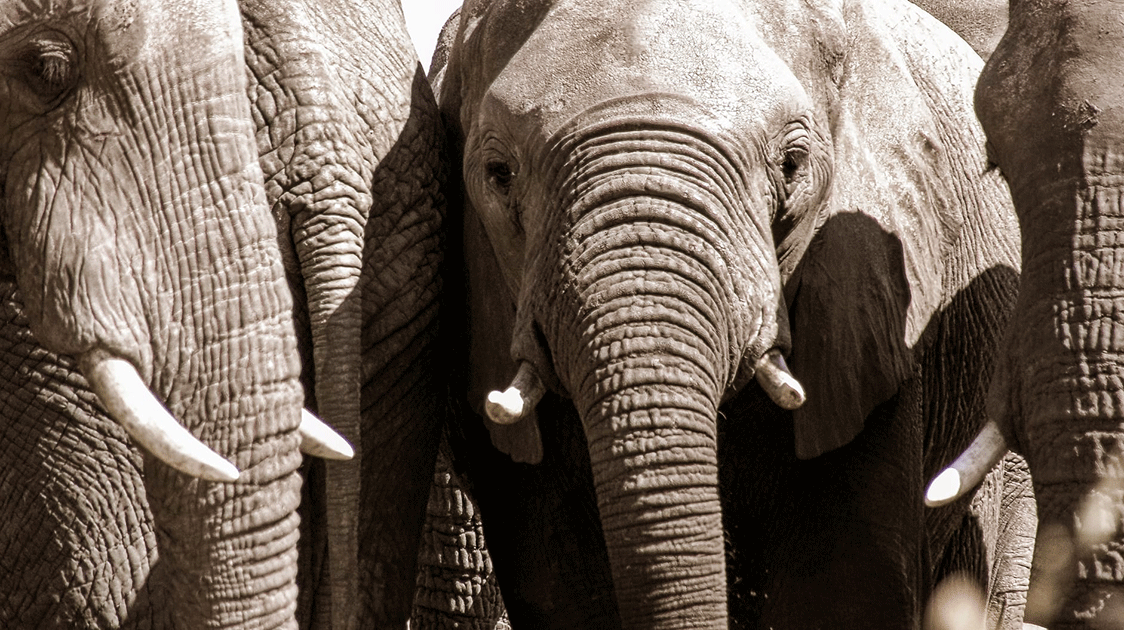
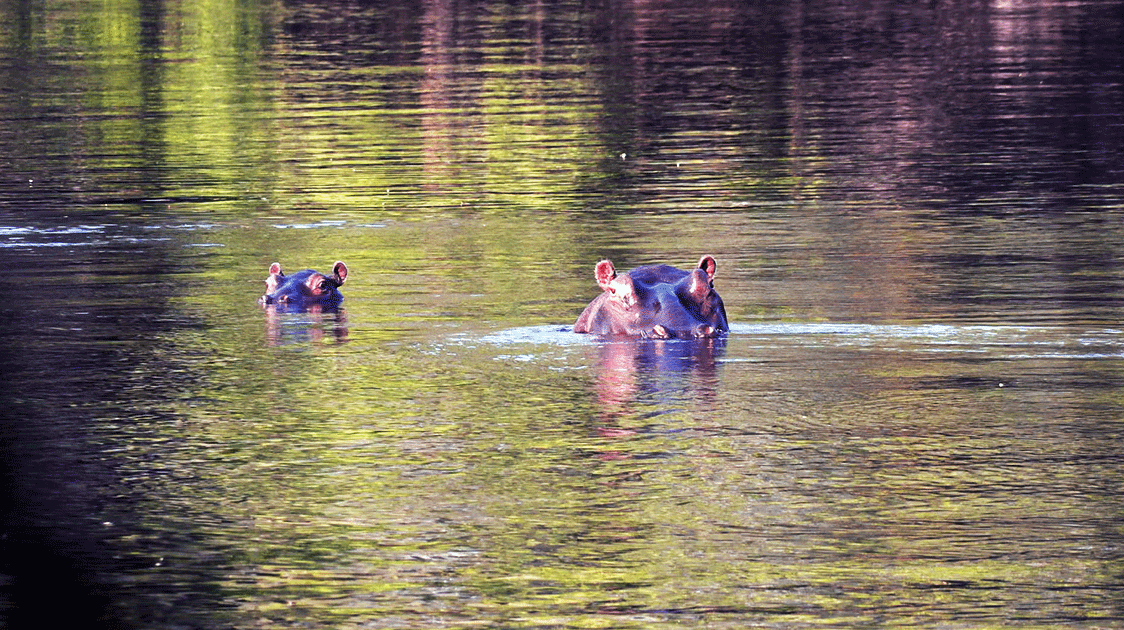
Comments ()